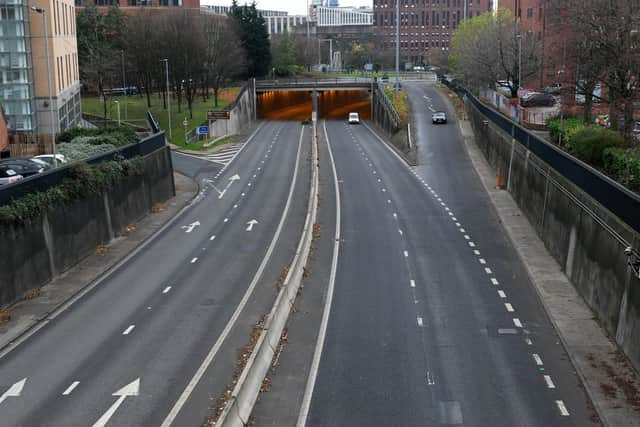London kept growing during the plague so cities can thrive after coronavirus, says Conservative Minister Jesse Norman
Speaking at an online event about the future of cities, Treasury Minister Jesse Norman, said the capital was "growing like Topsy" despite around 100,000 people dying during the so-called Great Plague of London in 1665 and 1666 and earlier plagues in the 16th century.
And he dismissed the idea that because millions of people are now working from home that cities would see a mass exodus which would make them a "20th century, not a 21st century phenomenon".


Advertisement
Hide AdAdvertisement
Hide AdThe Conservative MP said the current coronavirus pandemic, which has kept much of the country under lockdown for months, has "reminded us how much we value face-to-face interaction".
He told the event organised by the Centre for Cities think-tank: "I think it's not impossible that we find that cities and the human contact they give us are more important than ever as we come out of this present crisis."
Mr Norman, who is Financial Secretary to the Treasury, said cities had been seeing a resurgence prior to the pandemic and acted as "engines of economic growth and development".
He said his government had shown a "tremendous amount of support" for cities to support businesses and he felt optimistic about their future as he looked around the country.
Advertisement
Hide AdAdvertisement
Hide AdMr Norman said: "Just to take a simple example, London, as a city had recurrent bouts of a disease considerably worse than Covid, the plague, in the 16th and 17th centuries, and that did not stop its growth.
"On the contrary it was growing like Topsy and it continued to do so and people evolved ways of dealing, where they could, with the disease.
"This, thank God, is nothing like that, but this pandemic deserves to be and demands to be taken very seriously, but I do not think it means the end of cities. The policy questions for us are how cities are going to grow, not whether they're going to grow, and how we can support them, we in the private sector, we as a government can support them."
During the same event Greater Manchester metro mayor Andy Burnham the country faced a "gargantuan" task to recover from the pandemic and the scale of the damage was much greater than the Government had anticipated.
Comment Guidelines
National World encourages reader discussion on our stories. User feedback, insights and back-and-forth exchanges add a rich layer of context to reporting. Please review our Community Guidelines before commenting.
